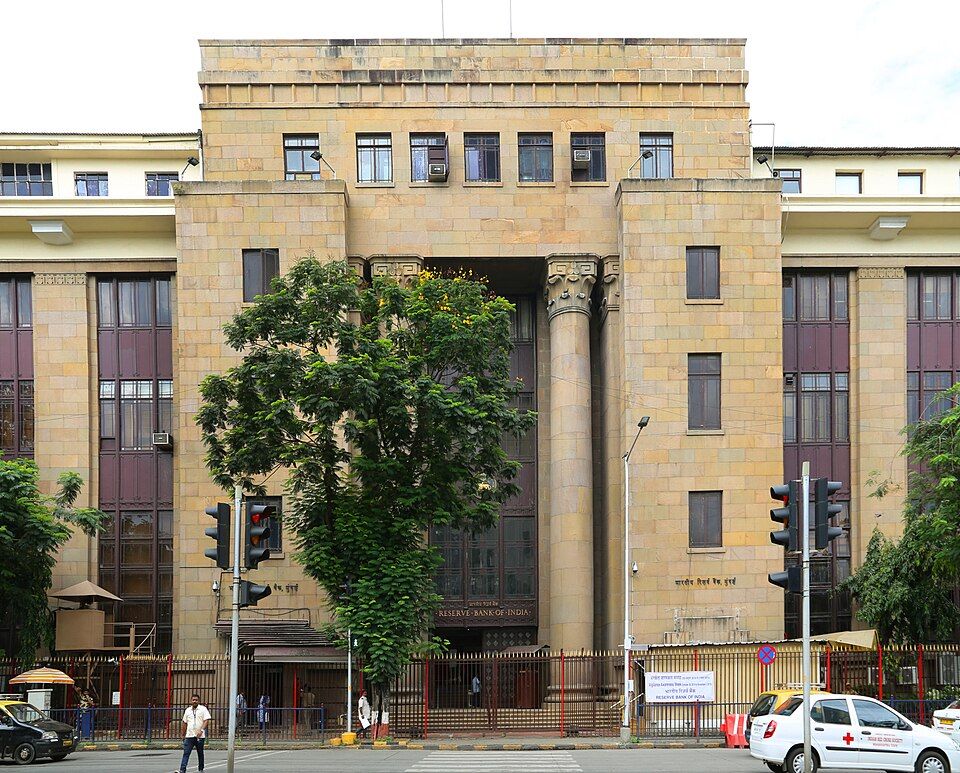India Holds Back on Comprehensive Crypto Rules Amid Fears of Legitimizing Digital Assets
-

India’s crypto future remains uncertain as regulators hesitate to introduce sweeping rules, fearing that formal recognition could legitimize digital assets and create systemic financial risks, according to a Reuters report citing internal government documents. RBI Warns of “Systemic” Risk
RBI Warns of “Systemic” RiskThe Reserve Bank of India (RBI) continues to voice concerns that regulating crypto would give it a stamp of approval, potentially encouraging wider adoption and making the sector systemically important to India’s financial system.
The documents reportedly state that only an outright ban would address speculative risks, but even that wouldn’t stop peer-to-peer transfers or decentralized exchange activity.
Officials worry that regulating crypto could fuel speculation and destabilize traditional markets.
This caution reflects a long-standing RBI stance, even as crypto adoption in India leads the world.
 ️ India’s Current Crypto Landscape
️ India’s Current Crypto LandscapeIndia does not yet have a comprehensive crypto law, but strict financial rules already apply:
30% tax on crypto gains and 1% TDS (tax deducted at source) on transactions.
Mandatory registration with the Financial Intelligence Unit (FIU) for exchanges.
In late 2023, the FIU ordered blocks on major global platforms like Binance, KuCoin, and Kraken for failing to register.
By 2024, Binance and KuCoin returned after securing FIU approval.
Additionally, Anti-Money Laundering (AML) compliance is mandatory for all locally operating crypto businesses.
 Adoption Keeps Rising Despite Restrictions
Adoption Keeps Rising Despite RestrictionsDespite heavy taxation and regulatory uncertainty, India leads the world in crypto adoption, according to Chainalysis’ 2025 Geography of Crypto Report.
Millions of Indians continue to use crypto for trading, savings, and remittances.
Even government officials are participating: Minister Jayant Chaudhary disclosed a crypto portfolio worth around $25,500, up 19% over the past year.
Yet, as Velar CEO Mithil Thakore notes, there’s a gap between adoption metrics and daily practical use, creating what he calls a “paradoxical crossroads” for the country.
 What’s Next for India’s Crypto Policy?
What’s Next for India’s Crypto Policy?While India has become a global crypto adoption leader, its regulatory stance remains cautious.
A full ban is unlikely to be watertight, given unstoppable peer-to-peer and decentralized activity.
Comprehensive rules may remain on hold, as regulators weigh financial stability against innovation.
For now, India’s crypto users must navigate high taxes, AML requirements, and global exchange approvals while waiting to see if New Delhi will eventually create a balanced framework.

















